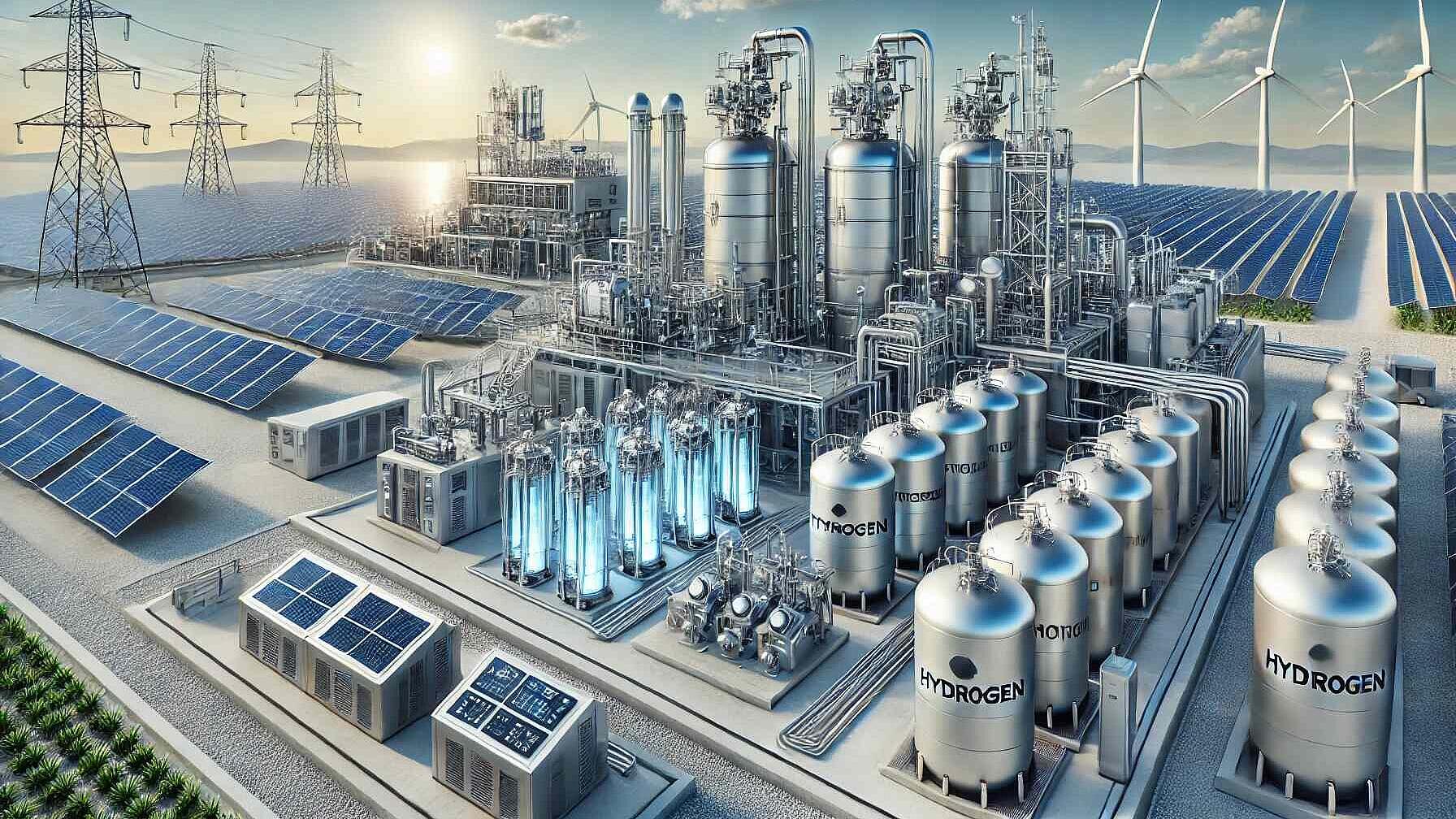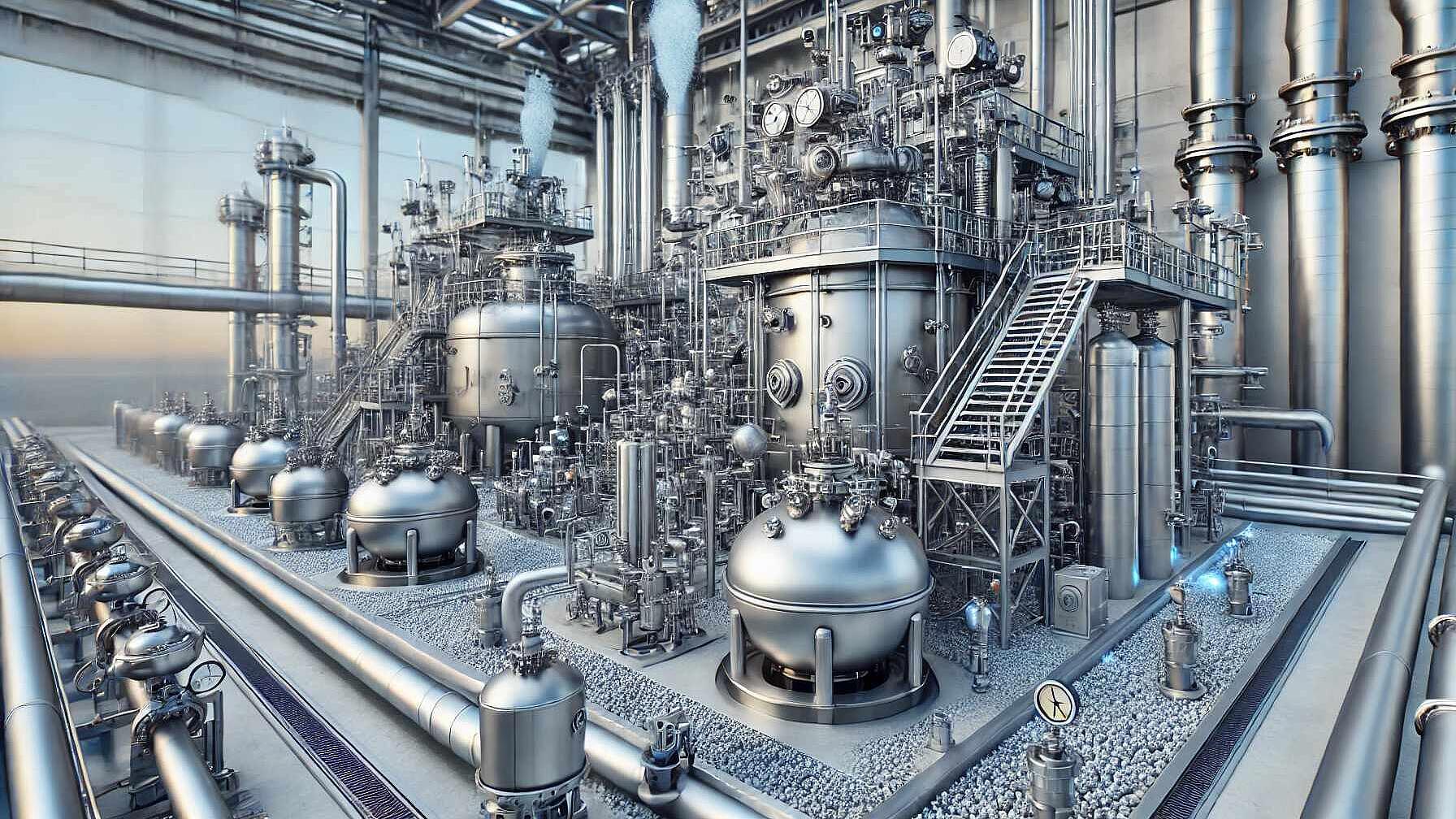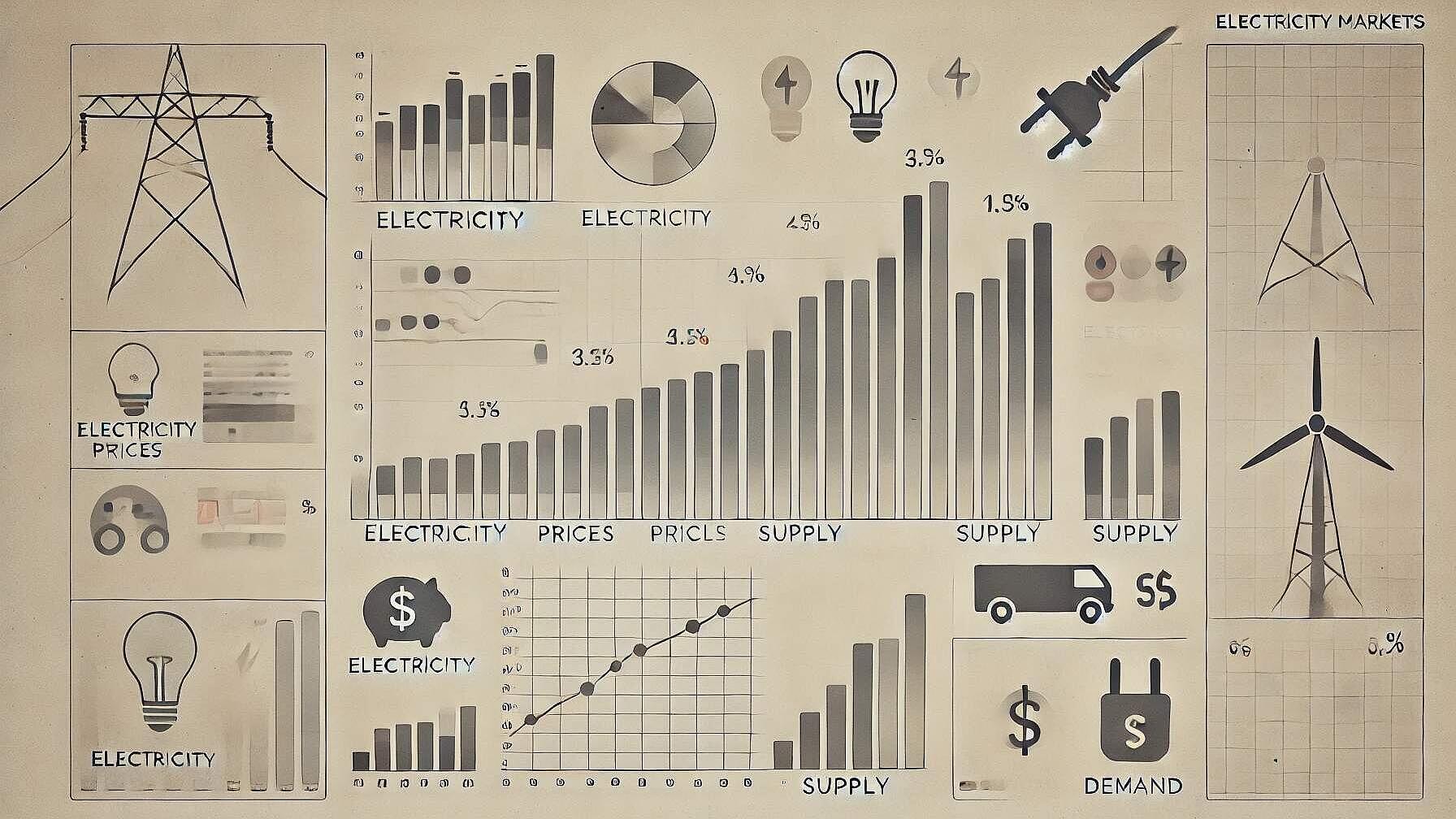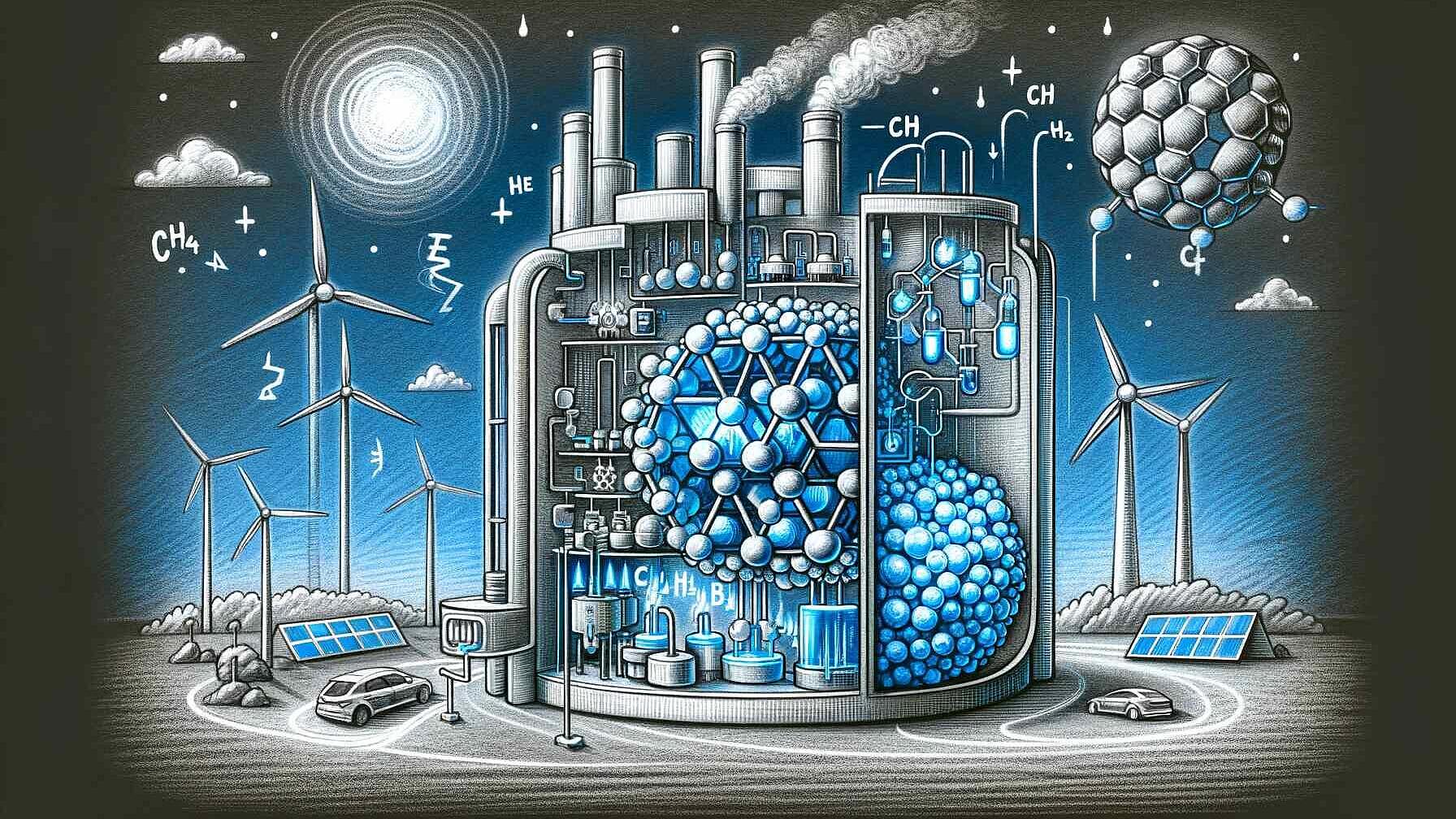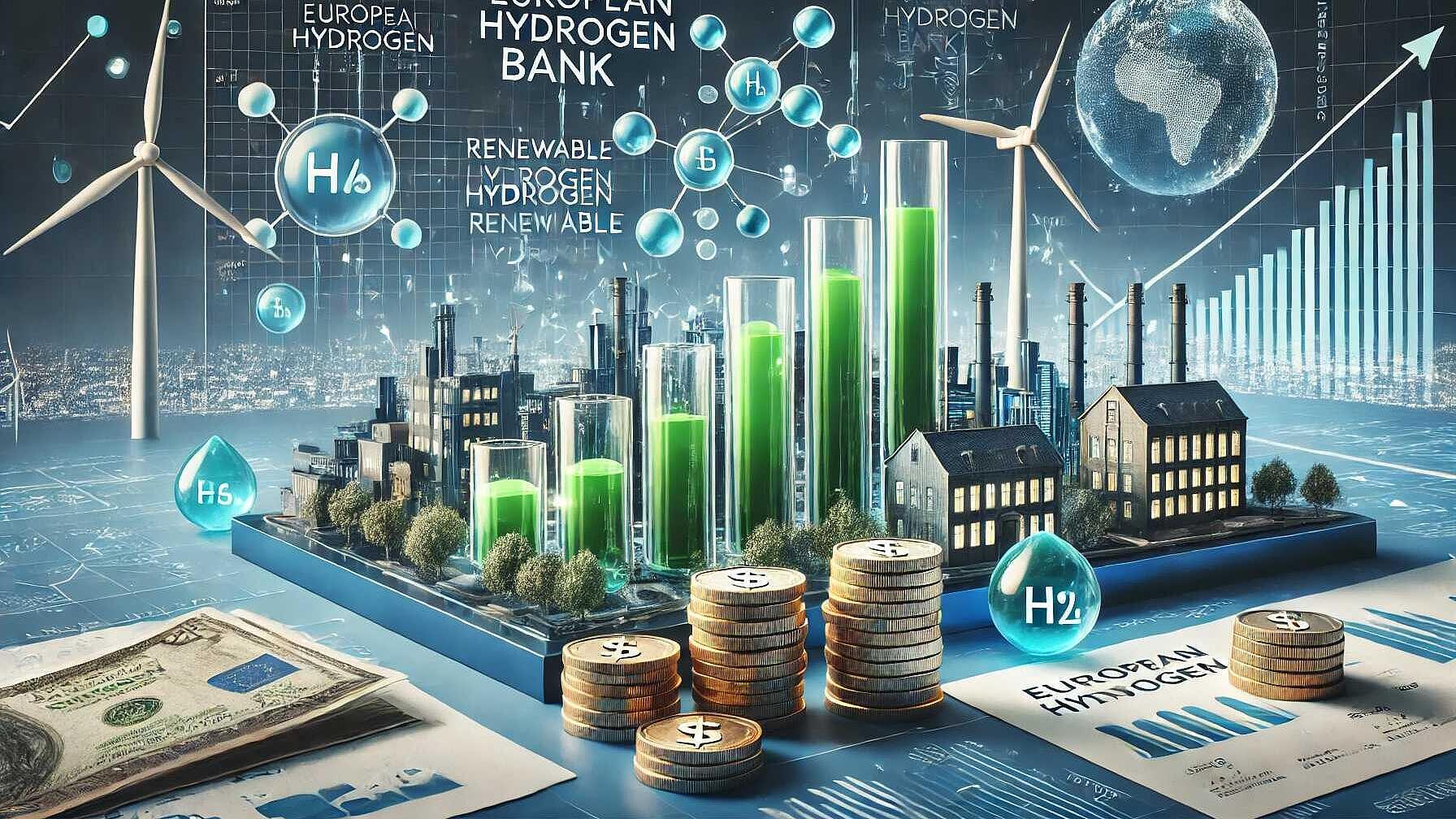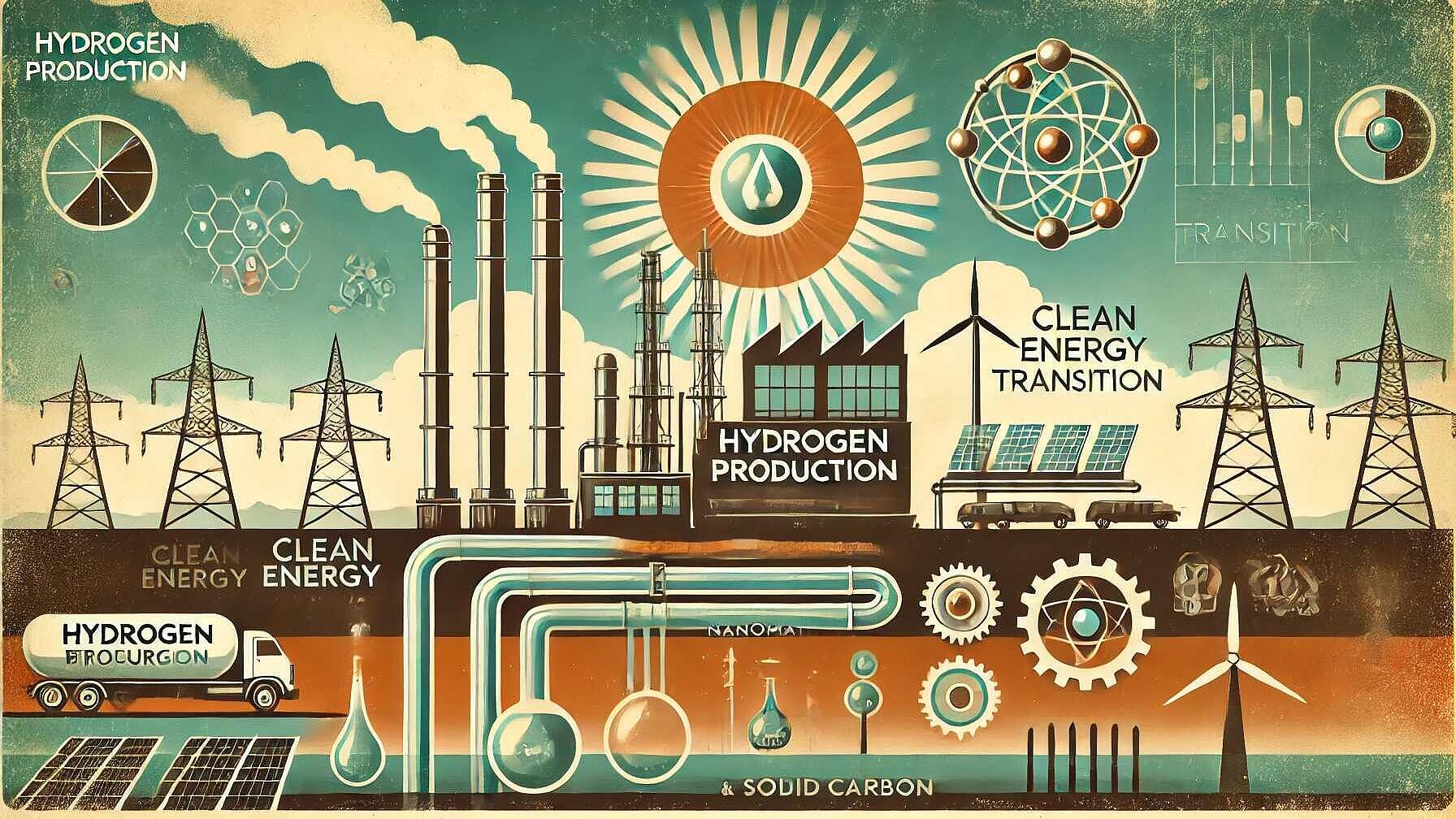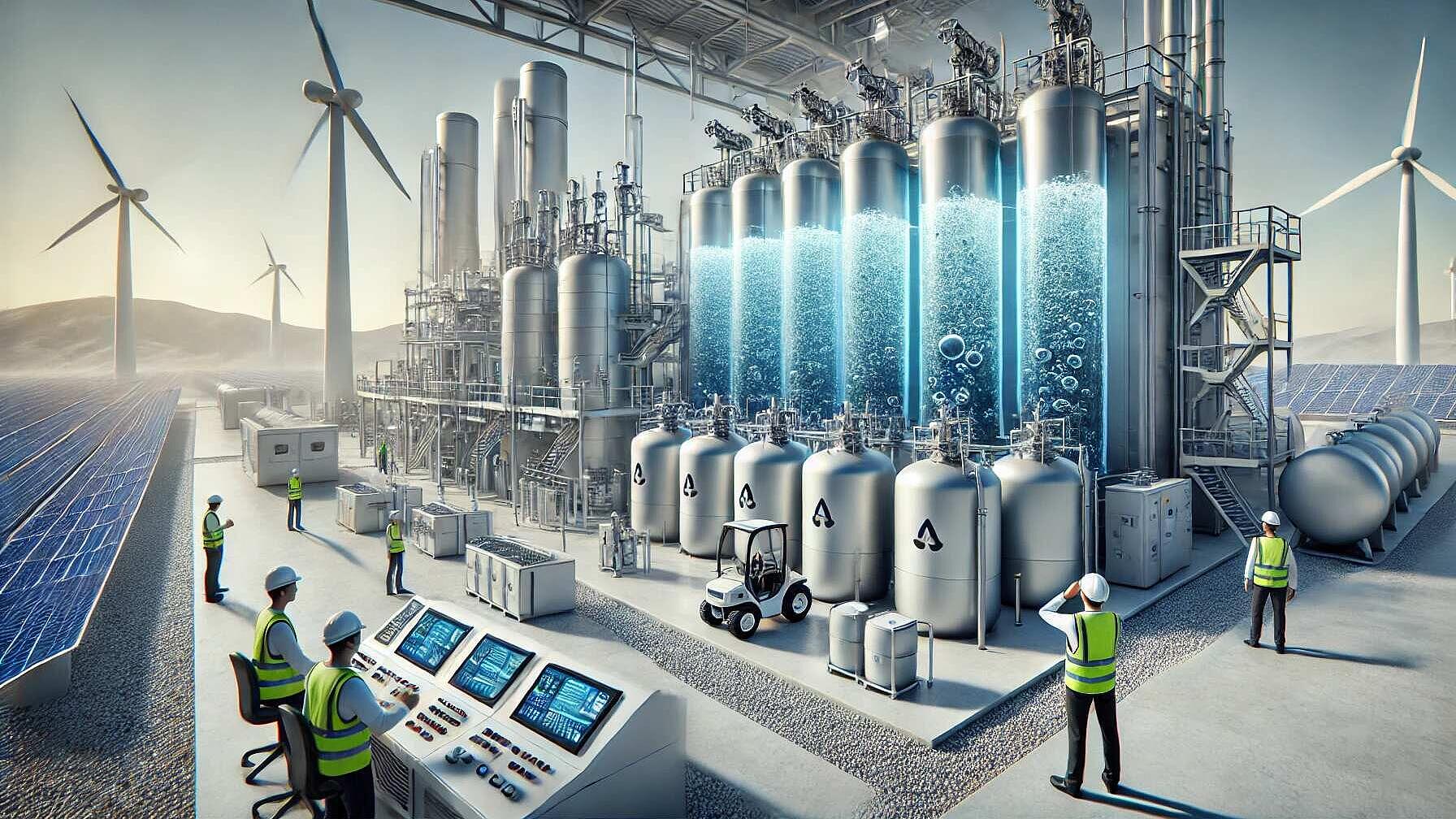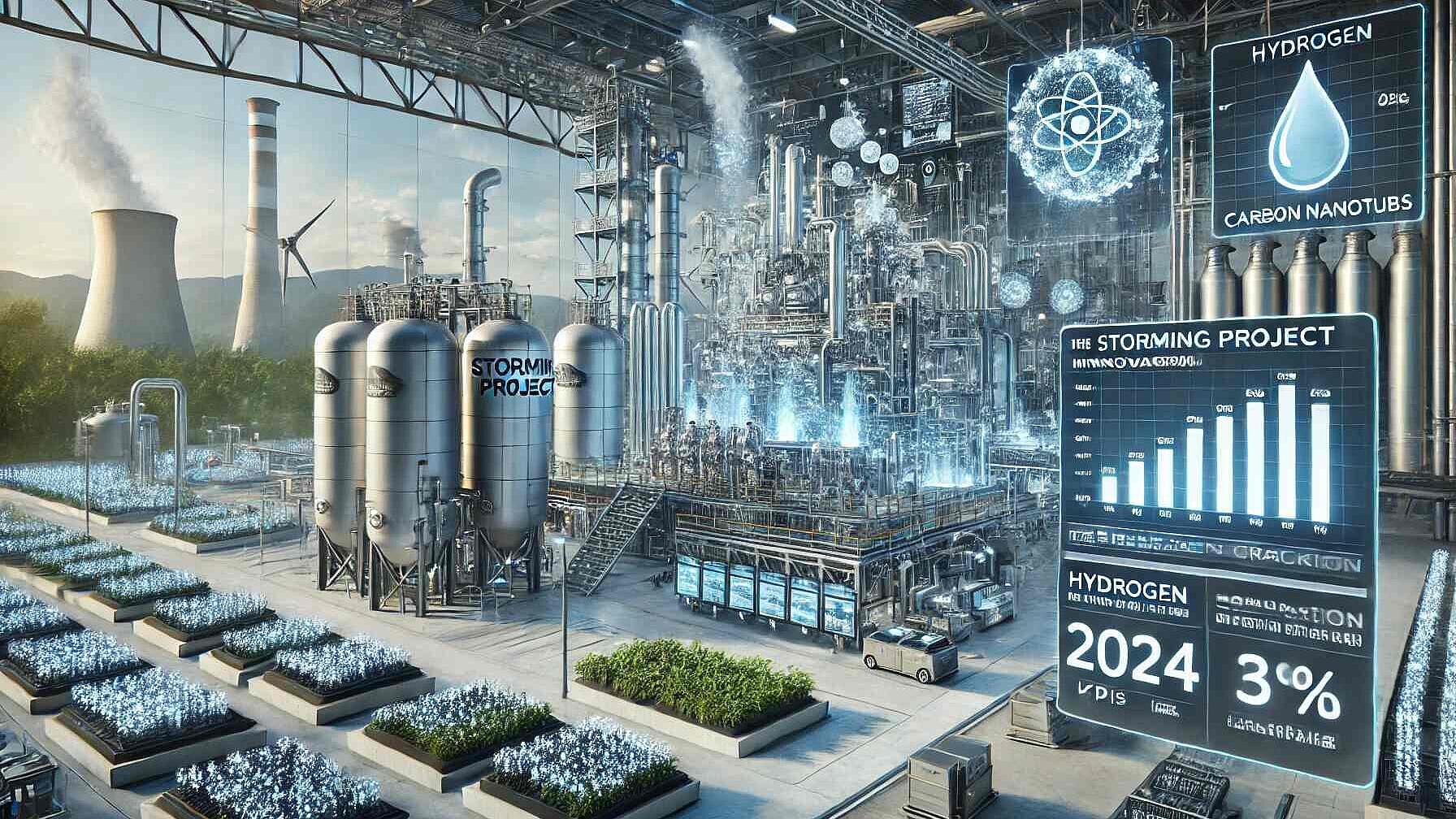 Renewable Energy
Renewable EnergyRenewable Energy
The research paper provides an extensive evaluation of 19 hydrogen production methods based on efficiency, cost-effectiveness, and sustainability. It shows that the current production is dominated by fossil fuels, primarily steam reforming of natural gas, which, while economically viable and technically mature, has a high carbon footprint. Renewable 'green' hydrogen production is more environmentally friendly but currently lags in efficiency and cost. The paper assesses different production methods, including electrical (like electrolysis), thermal (like biomass gasification), photonic (like photocatalysis), and hybrid approaches. Key findings highlight the high efficiency but significant emissions of fossil fuel reforming and the low efficiency but minimal environmental impact of photonic and hybrid methods. Trade-offs are evident between cost/efficiency and sustainability. The paper underscores the potential of improving electrolysis with renewable electricity, advances in solar hydrogen methods, thermochemical cycles using high-temperature heat, and sustainable biomass routes. Novel technologies, like artificial photosynthesis, are emerging alongside projects like the EU-funded STORMING, which aims to produce low-emission hydrogen from methane. To transition to a sustainable hydrogen economy, the paper advocates for continued innovation to reduce costs and improve efficiencies, better materials for catalysts, optimized scale-up strategies, enhanced carbon capture, and thorough life-cycle assessments. With global investment growing, hydrogen is poised to play a vital role in the sustainable energy landscape, combining economic and environmental sustainability.
Leer Artigo completoMethane Catalytic Cracking: A Promising Path to Clean Hydrogen Production
Methane catalytic cracking generates hydrogen and solid carbon without CO2 emissions, utilizing catalysts like nickel in reactors like fluidized beds. Catalyst deactivation and reactor challenges exist, but advancements may make this process a competitive, clean energy solution.
Leer Artigo completoPowering Ahead: The Global Electricity Landscape Through 2026
Global electricity demand is projected to increase, led by China and India, with renewables and nuclear supplying all growth through 2026, indicating a shift towards low-emission sources, reducing CO2 intensity, and highlighting regional disparities in access and consumption trends.
Leer Artigo completoHydrogen on the Horizon: Shaping the Energy Future
Hydrogen is increasingly seen as a key to sustainable energy. Various countries develop national strategies focusing on decarbonizing hard-to-abate sectors and economic growth. Technological innovations aim to produce clean hydrogen efficiently, with international collaboration and private-public partnerships being crucial for the transition to a hydrogen-based economy.
Leer Artigo completoElectrifying the Future: Joule-Heated Catalytic Reactors as a Pathway to Decarbonization and Innovation
The paper reviews electrification of chemical processes for decarbonization, focusing on Joule-heated catalytic reactors for efficient heat generation, highlighting advantages over traditional fossil fuel combustion and applications in methane reforming and CO2 valorization.
Leer Artigo completoCatalytic Hydrogen Production: Pioneering Clean Energy with Methane Cracking
The EU's STORMING project is advancing methane cracking for CO2-free hydrogen production using catalysts and structured reactors powered by renewable electricity. This process also yields valuable carbon nanotubes, promoting sustainable and economically beneficial hydrogen applications and energy transition.
Leer Artigo completoBoosting the Hydrogen Revolution: The Role of a European Hydrogen Bank
The EU aims to produce and import 20 million tonnes of renewable hydrogen by 2030 to achieve climate targets. The European Hydrogen Bank, integral to REPowerEU, supports this via subsidies and market integration. Investments in hydrogen technologies foster innovation, job creation, and international cooperation, enhancing energy security and global leadership in clean energy transitions.
Leer Artigo completoInnovative Pathways in Hydrogen Production: A Catalyst for Change in Clean Energy
Hydrogen production via catalytic methane decomposition (CMD) using Fe-based catalysts offers environmental benefits over traditional steam methane reforming by eliminating direct CO2 emissions. Fe-Al2O3 catalysts improve efficiency, offering pathways to repurpose carbon byproducts into valuable nanomaterials for energy storage and electronics, implying significant contributions to a circular economy and clean energy advancements.
Leer Artigo completoHydrogen's Role in the Future of Clean Energy: Innovations and Opportunities
Global hydrogen demand grew marginally, with most still from traditional sources. Shift to low-emissions hydrogen is crucial, underpinned by technology and investment growth. Challenges persist in financing, regulation, and infrastructure, but opportunities for innovation and development in various sectors remain, with significant implications for the future energy landscape.
Leer Artigo completoIntegrating Innovation: The Role of STORMING Project in Aligning with the Hydrogen Pathways Report 2024
The STORMING project innovates in methane cracking for CO₂-free hydrogen and carbon nanotubes production, aligning with Hydrogen Europe's pathways for a sustainable energy transition and offering economic and environmental benefits. Challenges remain in scaling and integration into industries.
Leer Artigo completo